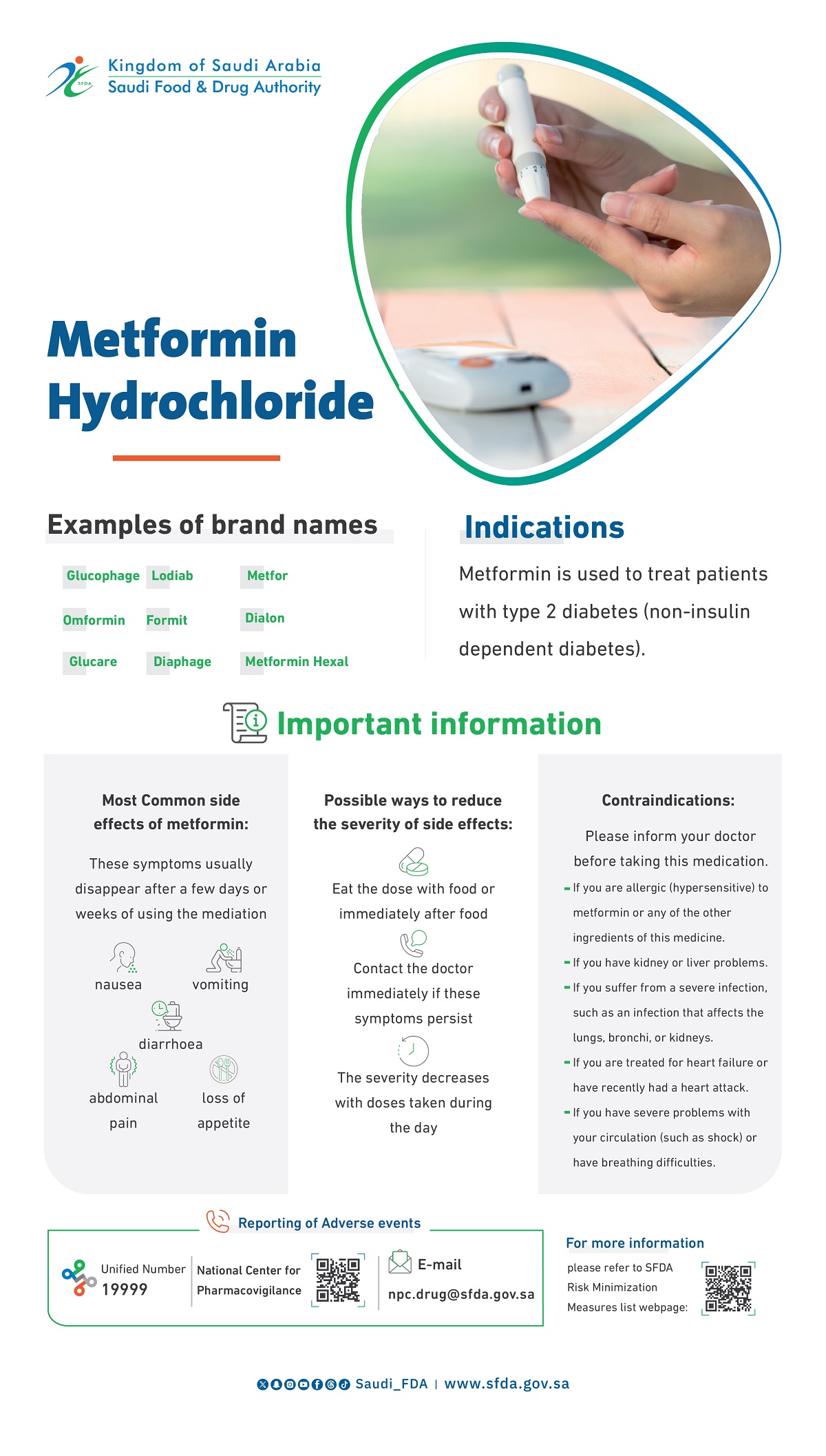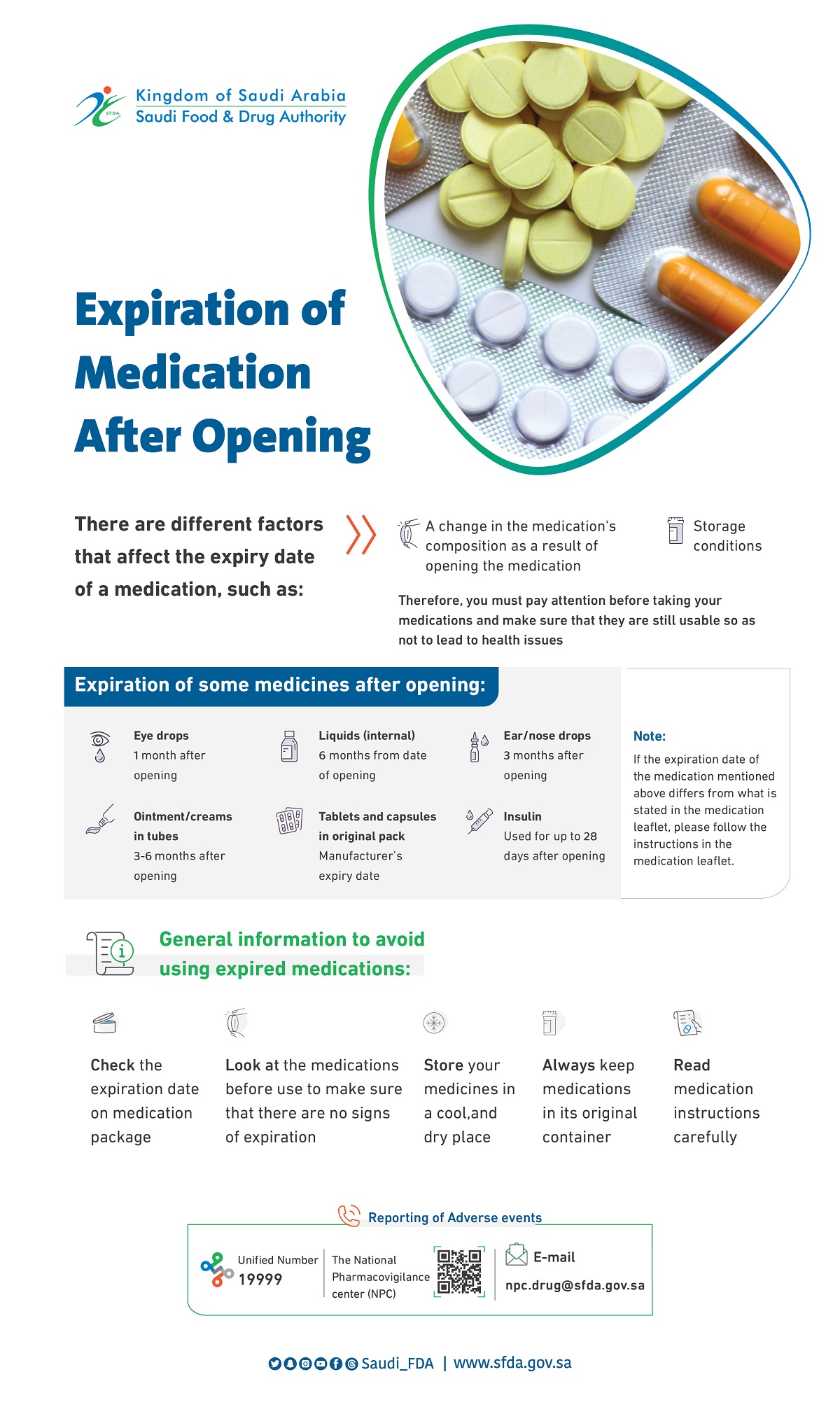

-
About SFDA
About SFDA
SFDA in vision 2030
Authority Strategy
Career and Life
- Information Lists
-
Areas
- Consumer Corner
- Media Centre
- Eservices
Tramadol in the Treatment of Neuropathic Cancer Pain
Tramadol in the Treatment of Neuropathic Cancer Pain
Tramadol in the Treatment of Neuropathic Cancer Pain
2007-02-06
Objective:
To assess the efficacy, safety and impact on quality of life of tramadol in the treatment of neuropathic pain in patients with cancer.
Methods: Patients with similar characteristics were grouped in pairs and randomised to receive either tramadol or placebo. The initial tramadol dosage was 1 mg/kg every 6 hours, increasing to 1.5 mg/kg every 6 hours if necessary to control pain.
Results: The study enrolled 36 patients (22 women, 14 men), with a mean age of 50 years. In the group receiving tramadol (n = 18), major improvements in pain intensity and Karnofsky scores occurred (p < 0.001), sleep quality improved by day 45 (p < 0.05) activities of daily living improved (p < 0.05), and use of analgesics that had been taken before the study was reduced (p < 0.05) compared with the placebo group. There was no difference between the groups with regard to changes in the Zung Depression Scale, Beck Anxiety Inventory scores and neurophysiological assessments. More patients in the tramadol group experienced adverse events (p < 0.05). The most common adverse events were nausea, vomiting and constipation.
Conclusions: Tramadol is a therapeutic option for the control of neuropathic pain in patients with cancer, and appears to improve quality of life in these patients. The analgesic effect of tramadol is independent of changes in anxiety, depression and nervous system function.
Medscape Pharmacist News




